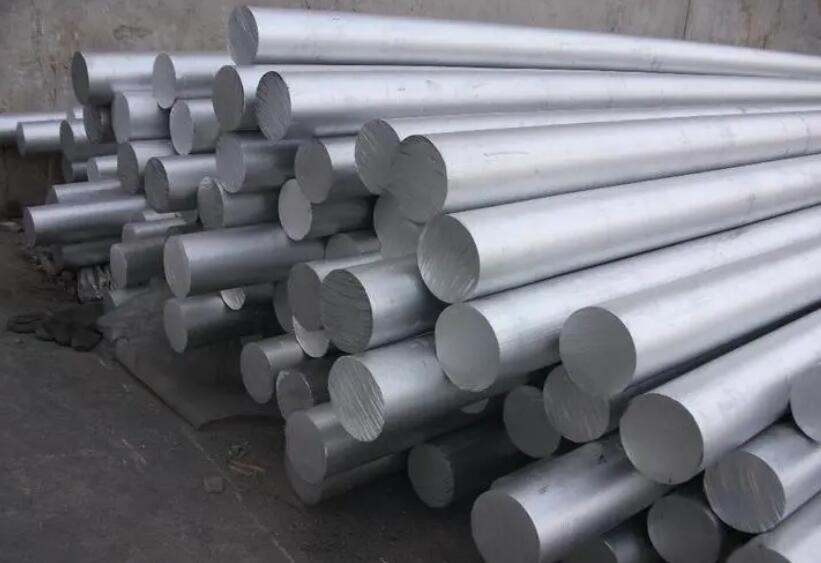Introduction
The Japanese automotive sector is currently navigating a period of uncertainty following the suspension of production, sale, and shipment of several car models by leading manufacturers Toyota and Mazda. This disruption, prompted by an investigation into certification practices, could significantly impact aluminum demand in the industry. Aluminum plays a crucial role in automotive manufacturing due to its lightweight and durable properties, making it a key material for vehicle production.
Impact of Production Suspensions on the Automotive Sector
On June 3rd, Toyota halted the production, sale, and shipment of three car models to allow for an on-site audit by the Ministry of Land, Transport & Tourism. Initially expected to last until the end of June, these suspensions have now been extended to the end of July. Mazda followed suit, suspending the shipment of two of its models currently in production. These actions stem from a need to ensure compliance with certification standards and have cast a shadow over the automotive sector’s immediate future.
Aluminum Demand in Japan’s Automotive Industry
The automotive industry is the largest consumer of aluminum in Japan, accounting for 1,653,800 tonnes or 43.8% of the nation’s total demand for the light metal in 2023. According to the Japan Aluminium Association, the country’s total aluminum demand was 3,771,300 tonnes last year. The latest figures from Toyota show a production decline, with 999,088 units manufactured from January to April 2024, a 7.7% decrease compared to the same period in 2023. This reduction in production underscores the potential impact on aluminum demand.
Market Reactions and Predictions
Industry experts have mixed views on the potential impact of these suspensions on the aluminum market. While some traders anticipate future effects, there is no immediate significant impact. One trader mentioned, “While there’s no real impact at the moment from the automotive investigation issue, there’s an expectation [there will be] an impact in the future.” Another trader noted the uncertainty, stating, “We have yet to hear of any requests for deliveries to be delayed.” Overall, most market participants do not expect a dramatic effect on aluminum prices but foresee a slowdown in demand from the auto sector.
Supply and Demand Dynamics
Despite the potential for reduced demand, supply tightness in the region continues to support aluminum prices. Premiums for third-quarter deliveries are higher than previous settlements, reflecting this tightness. The balance between supply constraints and demand fluctuations will play a crucial role in determining the future market dynamics of aluminum.
Conclusion
In summary, the production suspensions by Toyota and Mazda have introduced a period of uncertainty in Japan’s automotive sector, with potential implications for aluminum demand. While immediate impacts are unclear, the industry’s response and the ongoing supply tightness will be critical factors to watch. The aluminum market is poised to navigate these challenges, maintaining a delicate balance between supply and demand.
